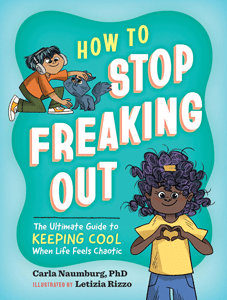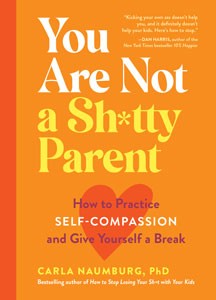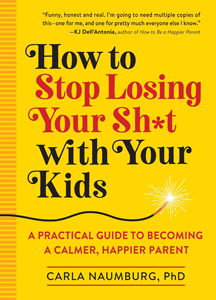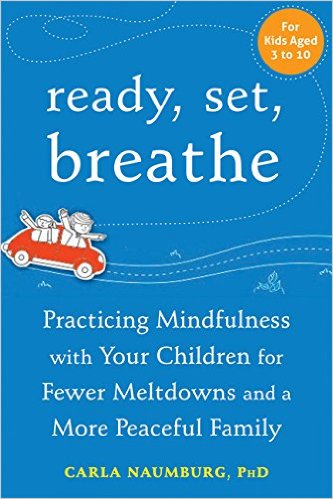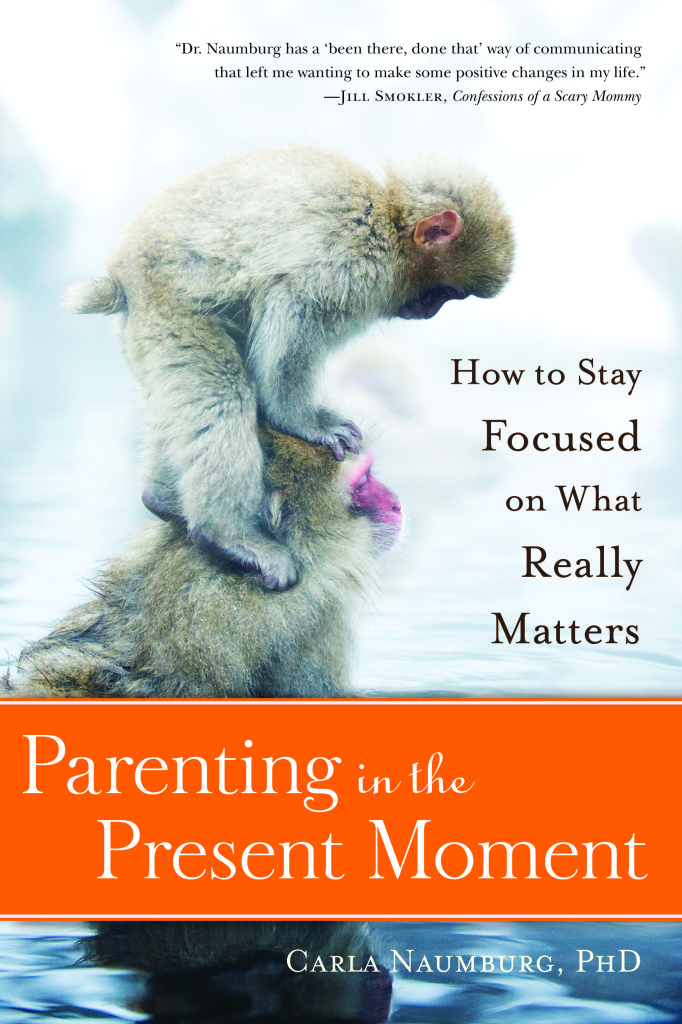In my last post, I introduced the idea of #SanityPractices for parents. Now I’m going to dig a little deeper into what these practices are and how they can help you be calmer, more empathic, and more effective in every aspect of your life, including parenting.
I’ve worked hard to come up with a variety of practices that are relevant and do-able for busy parents. Our lives are already chaotic enough; we don’t need to make them any more hectic by setting unreasonable expectations for how we’re going to take care of ourselves, especially when it really doesn’t have to be that hard.
There’s a lot of parenting advice out there. A lot. Most of it is actually pretty reasonable, but in order to qualify as a #SanityPractice, it must be:
- Evidence-based. I’m not interested in peddling snake oil. The practices I’m suggesting have a solid body of research supporting their efficacy in reducing stress, impulsivity, and reactivity and helping parents feel calmer and better able to manage the challenges of daily life with kids.
- Free or very low-cost. These practices can’t cost more than what you might have already spent on, say, walking shoes or a pillow.
- Simple. I’m not saying that it will always feel easy to do each of these, but they can’t be complicated to perform or require significant training or education.
- Adaptable. These practices have to work for every parent, regardless of your family structure or culture, parenting style, financial situation, daily schedule, and personal needs, limitations, and preferences.
- Focused on the parent’s behavior. How we parent our children matters, to be sure. Some of what we say and do makes parenting easier, and some of it doesn’t. But at the end of the day, no matter how hard we try, we cannot control our children’s behavior. We can only control our own. Practices that are focused on getting your kids to eat their peas or turn off their screens or stop wiping their damn boogers on the wall are important, but their primary focus isn’t on keeping you sane. Their focus is on getting your kids to start acting like functional little people. That’s useful information, but it’s not what I’m interested in here.
#SanityPractices are about helping you stay calm and clear-headed so you can then implement all of the other parenting advice that’s coming your way, or choose to ignore it if it doesn’t make sense for your family.
There’s one more thing you need to know about #SanityPractices: In order for them to work, you have to actually do them on a regular basis. It won’t do you any good to read about them or think about them or commit to doing them tomorrow. Those are important first steps, and not so different from putting on your yoga pants but never actually getting on the mat. So don’t kid yourself – you won’t see a change if you don’t do the work.
The good news is that these practices aren’t terribly difficult or time consuming, and the more often you do them, the easier and more effective they will become. I promise.
I have a list of over ten practices that we will explore in the next several weeks, but first we’re going to start with the big 3: sleep, single-tasking, and self-compassion.
Sleep is fundamental to every aspect of our functioning, so in the next post, we’ll dive deep into all of the ways in which it can, and will, make your life and parenting easier and more fun. We’ll also talk about how to get more and better sleep as often as possible.
In the meanwhile, I would love to hear about your #SanityPractices. What keeps you sane and grounded in the chaos of parenting?
This post was originally published on my Mindful Parenting blog over at PsychCentral.com.

